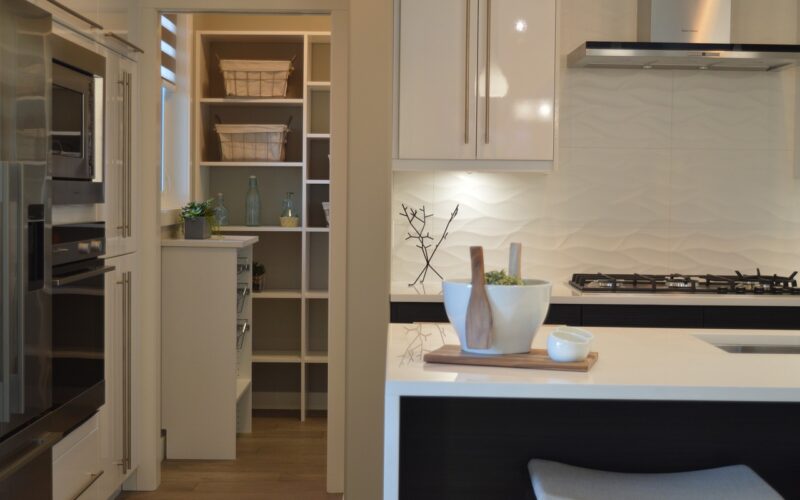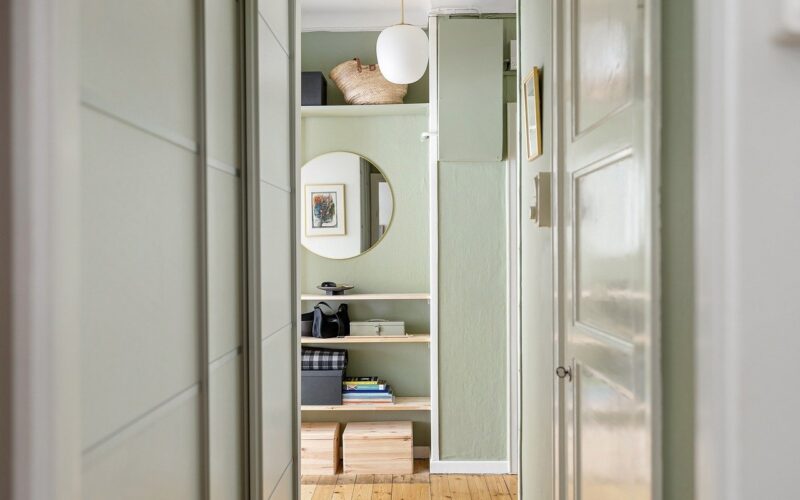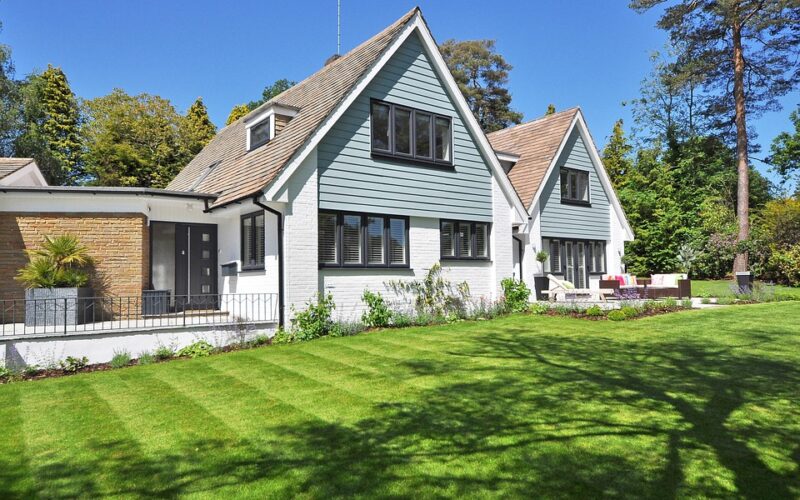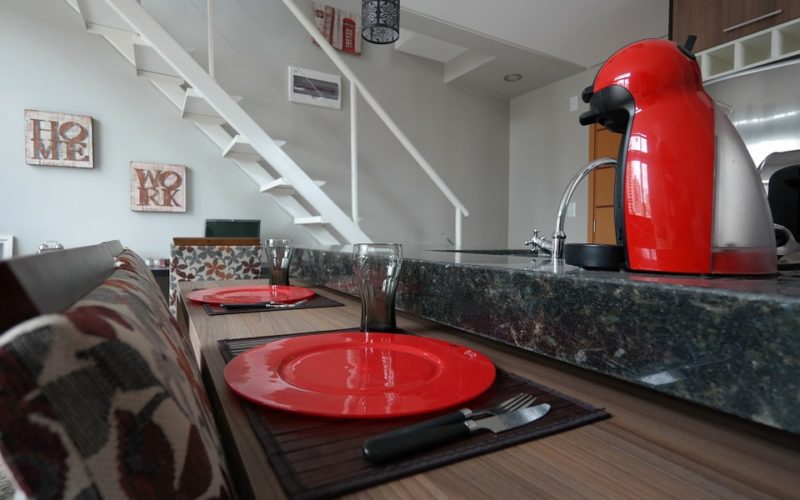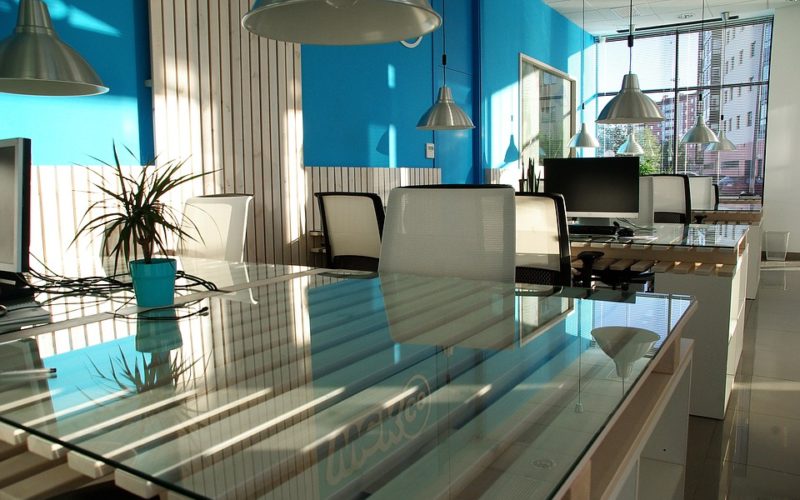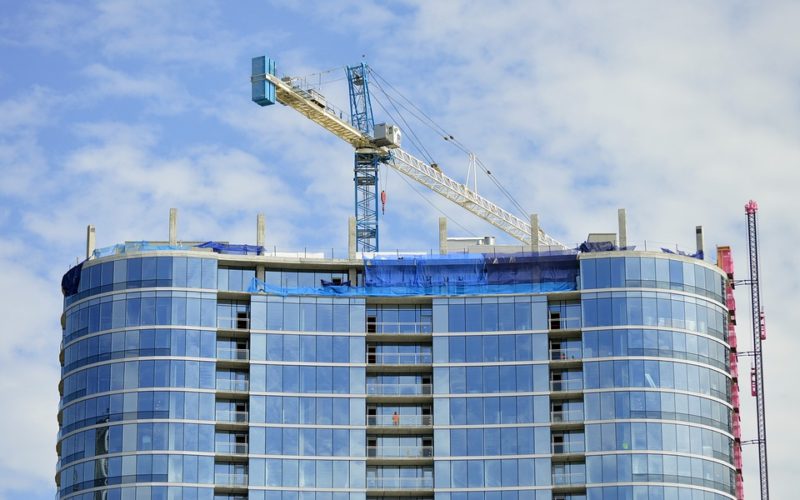When preparing a property for rental, there are several aspects to consider to ensure both the landlord and tenant have a seamless experience. While the rental market offers lucrative opportunities for property owners, ensuring the home is in top condition promotes tenant satisfaction and protects your asset in the long run. From legal obligations to aesthetic considerations, thorough preparation is key.
Cleanliness makes a lasting impression
One of the first steps in presenting a rental property is a comprehensive cleaning regimen. A clean property not only attracts potential tenants more quickly but also sets a standard for care during the tenancy.
Whether it’s scrubbing kitchens and bathrooms or addressing smudges on walls, paying close attention to cleanliness makes a lasting impression. This can prevent properties from lingering on the market while also fostering goodwill with future renters.
Your commitment to quality
Among the cleaning tasks, carpet care is often underestimated. Carpets endure consistent wear and tear, accumulating dirt, allergens, and stains over time. Cleaning carpets professionally before listing your property highlights your commitment to quality.
This task doesn't just fast track the rental process, it also extends the lifespan of the flooring. A freshly cleaned carpet can dramatically uplift the appearance of the space, creating a welcoming and hygienic environment for tenants.
A hands-on approach
Selecting the appropriate carpet cleaner or service is another critical decision. Professional carpet cleaners often have specialised tools and cleaning solutions that remove deep-seated grime effectively.
Advanced cleaning equipment can lift stubborn stains that may not be removable with household products, leaving the carpets feeling rejuvenated.
Alternatively, landlords who prefer a hands-on approach can invest in a reliable carpet cleaner for personal use. These machines, ideal for repeat use, are particularly useful in keeping properties fresh between tenancies.
Securing tenants
Even with the best intentions, there are common pitfalls landlords must avoid when preparing a rental property. Neglecting maintenance issues, such as leaking taps or outdated fixtures, may lead to costly repairs down the line or dissatisfied tenants.
Overlooking legal compliance, whether regarding gas safety, electrical certificates, or tenant deposit protection, can result in fines or disputes. Similarly, failing to deep clean carpets or other essential areas could lead to a poor first impression or reduced likelihood of securing tenants willing to pay the desired rent.
More likely to stay longer
On the other hand, meticulous preparation provides numerous benefits. A well-maintained property garners higher rental income, attracts responsible tenants, and minimises void periods.
Additionally, ensuring that aspects like carpet cleaning are prioritised implies less wear over time, helping maintain property value. Tenants are more likely to stay longer in a home where attention to detail is evident, translating to lower turnover and better relationships.
Decorating yourself
The choice between professional services and DIY approaches often comes down to budgets and personal preferences. While investing in professionals drives quality and reduces effort, it may strain initial outlays, especially for new landlords.
Taking on tasks such as carpet cleaning or decorating yourself can help cut costs, but it demands time, equipment, and expertise. Striking a balance between the two could yield maximum results without overextending resources.
Positive rental outcomes
Preparing a rental property is about creating a space that tenants feel proud to call home. The effort placed into cleaning, fixing, and presenting the property pays dividends in tenant satisfaction and positive rental outcomes.
Paying attention to details, such as ensuring the carpets are spotless, reinforces a landlord’s responsibility while safeguarding their investment. By avoiding common pitfalls and leveraging the benefits of thorough preparation, properties can thrive in a competitive rental landscape.

